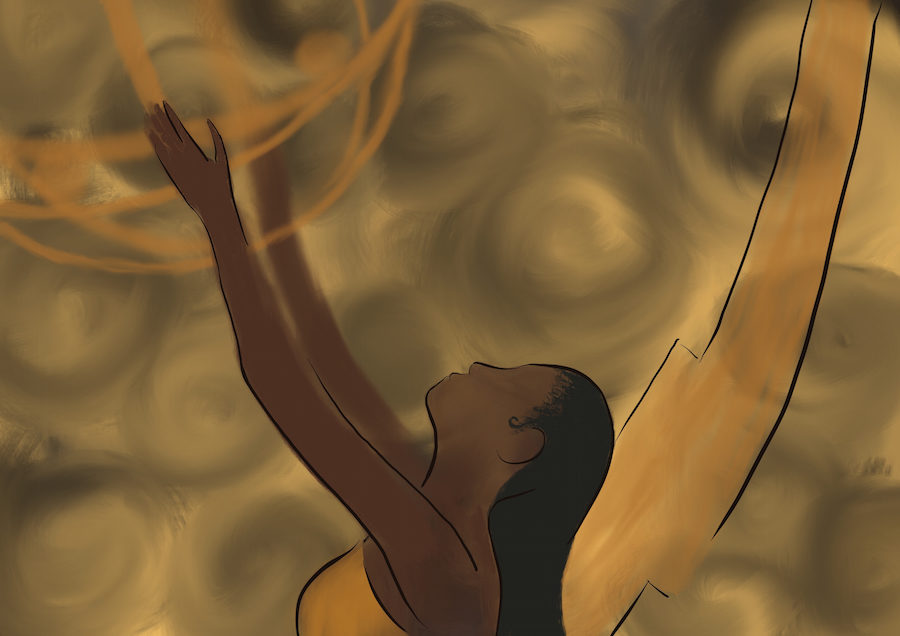The Emmys and Hollywood’s representation problem
On Sept. 17, 2017, people all across America sat in front of their televisions with rapt attention, watching historic representation unfold at the 2017 Emmys. This year’s award show wasn’t just for pretty gowns and shiny trophies: it was a landmark for women and specifically, women of color, onscreen and off.
Not only was it considered to be the most diverse Emmys yet, but women in the industry were celebrated by the Academy. Shows centered around the lives and experiences of women, such as “Big Little Lies” and “The Handmaid’s Tale” brought home awards for “Outstanding Drama Series” and “Outstanding Limited Series,” respectively.
The film and television industry, known for being male-dominated at virtually every level, routinely fails to normalize narratives representative of the actual world and its real inhabitants.
Research has shown a lack of women-driven narratives. The latest research reported by the Center for the Study of Women in Television and Film (CSWTF) shows that women have “made modest but pervasive gains on screen and behind the scenes in television.”
Overall, females comprised 42% of all speaking characters on television, an increase of 3 percentage points from 2015-16. Behind the scenes, women accounted for 28% of all creators, directors, writers, executive producers, producers, editors, and directors of photography working on programs delivered via the various platforms last year. This represents an increase of 2 percentage points from 2015-16.
These gains however are still shadowed by the reality that, according to research reported by the CSWTF, “across platforms, 97% of the programs considered had no women directors of photography, 85% had no women directors, 75% had no women editors, 74% had no women creators, [and] 67% had no women writers.”
It’s a problem that has made its mark on the careers of women in television and film, who find themselves out of a job due to lack of complex female characters written for the big or small screen.
Although this year has been a progressive step forward in the industry, there is still a long way to go.
People of color made great strides at this year’s Emmy’s. “Master of None” writer Lena Waithe became the first Black woman to win the category of “Best Comedy Writing,” Riz Ahmed’s win for his acting in “The Night Of” made him the first man of South Asian descent to win an Emmy in an acting category and Donald Glover became the first Black person to win an Emmy for comedy directing.
The exclusion of minorities is an institutional practice in Hollywood, and the television industry is no exception.
According to Wired, in a post-win interview Ahmed said to a reporter, “I don’t know if any one person’s win, or one person snagging a role, or one person doing very well, changes something that’s a systemic issue of inclusion.”
“I think that’s something that happens slowly over time. If there’s enough isolated examples of success then maybe the dots start joining up and it’s not as slow a process as it sometimes is,” Ahmed said.




